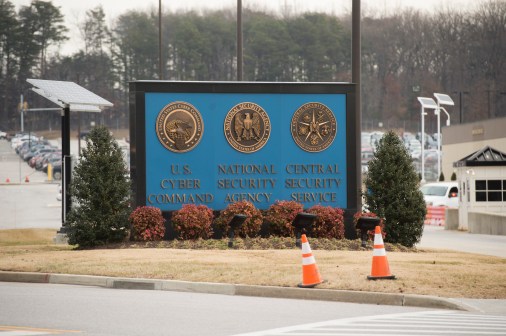Trans-Pacific Partnership will ban data localization laws
The Trans-Pacific Partnership trade deal that a dozen nations including the U.S. agreed to in Atlanta over the weekend aims to eliminate so-called data protectionism – the practice of nations requiring that data on their citizens be held in the country.
“Data privacy laws should not be used as protectionist measures,” said Stephen Ezell, vice president at the Information Technology and Innovation Foundation, a think tank that advocates for tech industry- and innovation-friendly public policy.
Ezell said the summary of the deal, released by the U.S. Trade Representative, included provisions “designed to ensure the free flow of information and data [across borders] subject only to legitimate public policy considerations regarding personal privacy or data protection.”
He said “frankly draconian” data localization laws in Malaysia and Vietnam would be “a litmus test” of how the TPP deal was applied in practice.
Some of these laws, he said, were “old fashioned protectionism, gussied up for the digital age.”
If other signatories to the TPP believed that Malaysia’s 2010 Personal Data Protection Act or Vietnam’s Decree 72 were in violation of the pact’s mandatory requirements for free data flows, Ezell said, they could challenge those laws. Disputes that could not be resolved between countries would be dealt with by the World Trade Organization, he said.
“The digital economy is global, and information must be able to flow freely across borders for that economy to flourish,” he said.
But there are critics of the deal, too, and in particular of the fact that it has been negotiated behind closed doors and includes anti-piracy provisions.
“The future of the Internet is far too important to be decided in an agreement that has been negotiated entirely behind closed doors,” said Evan Greer of Fight for the Future, an advocacy group for digital rights.
The deal, he went on, “contains extreme copyright provisions that will stifle innovation, harm the tech economy, and worst of all, threaten our basic rights to self-expression by paving the way for widespread Internet censorship.”
“The Internet has proven its ability to defend itself time and time again,” he concluded, adding that U.S. lawmakers, who must approve the deal before it comes into force, “are in the spotlight now, and they should know that the public is watching them closely and overwhelmingly expects them to vote down this terrible deal.”





